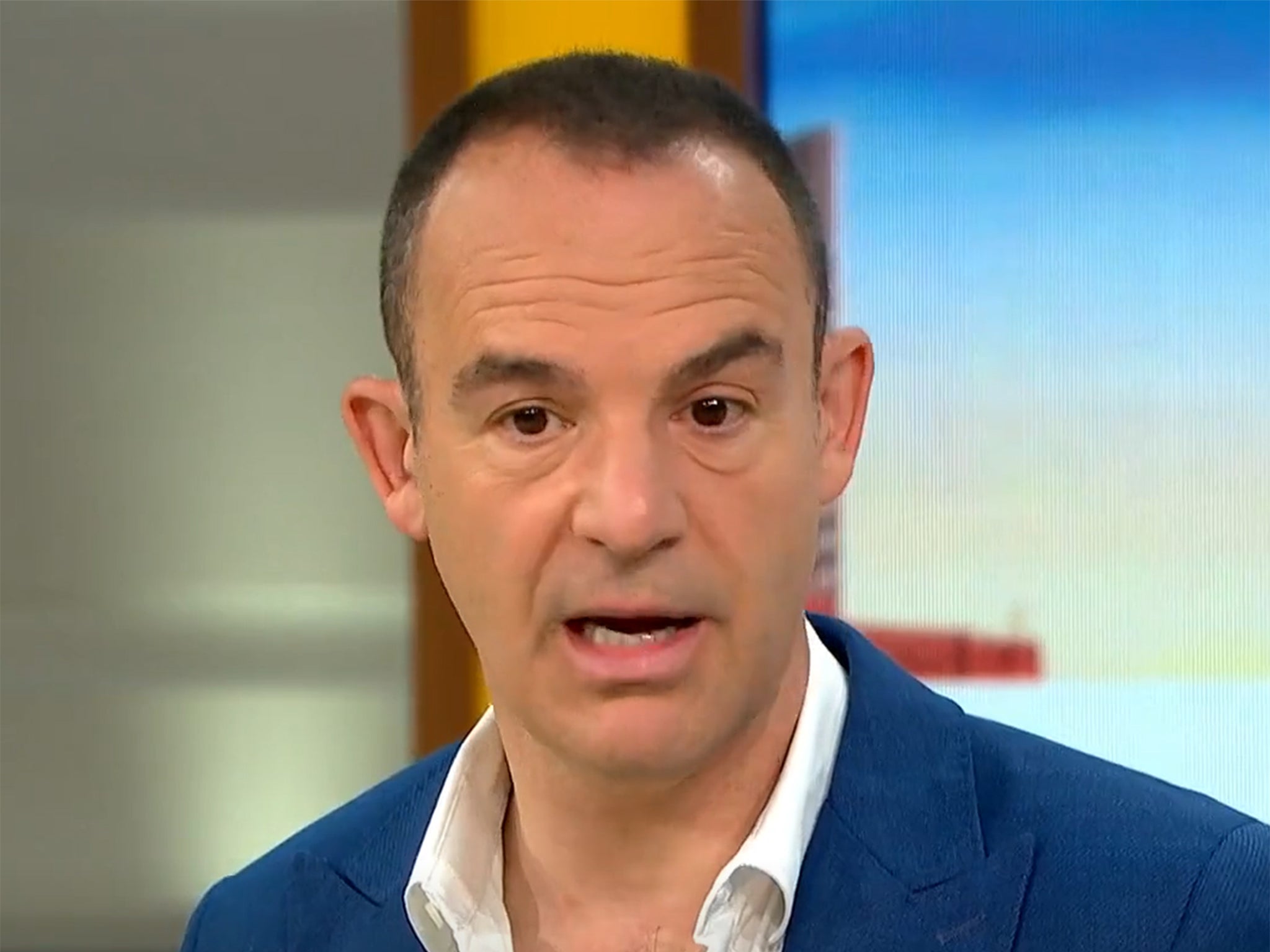8 things you need to know about the new energy price cap, according to Martin Lewis
It is expected the cap will drop by £450 to £2,054 a year

Finance expert Martin Lewis has shared eight key things to know about how the first energy price drop in two years will affect you.
Energy regulator Ofgem today dropped its energy price cap by £450, amid warnings that consumers are likely to feel little benefit to their household finances.
The price cap rocketed from £1,162 a year for a typical household in August 2021 to £3,280, having briefly reached £4,279, with the pandemic and Russia’s war in Ukraine both pushing up wholesale prices.
Campaigners have warned that the lower cap is unlikely to provide much relief to struggling households due to the ending of government support with energy bills.
Consultancy firm Cornwall Insight has also warned that energy bills are still about £1,000 higher compared to 2021, and while bills are falling, it does not expect them to return to pre-Covid levels “before the end of the decade at the earliest.”
The new price cap, which limits the amount providers can charge households per unit of gas or electricity, will last for three months starting on 1 July.
In the Martin Lewis’ Money Saving Expert newsletter, the money saving expert shared eight things to know about the price cap:
Current energy bills will decrease ‘considerably’
Mr Lewis pressed Ofgem’s strategy head Neil Kenward on Good Morning Britain about the new price cap. Mr Kenward did not confirm the new rate but he said it will drop below the current £2,500 limit.
He said: “I can be clear that the number will be down considerably on the £2,500 limit that applies at the moment for that average annual bill.”
Price cap rates will likely drop by up to 40%
The current energy price cap is £3,280. However, since last October, the rate we pay has been set by the government’s Energy Price Guarantee, which limits annual energy costs to £2,500 for the average household.
But from July, the Energy Price Guarantee will revert to £3,000. However, the new Ofgem price cap will be lower than the Energy Price Guarantee, so we will be paying at the new Ofgem price cap rate of £2,054.
Energy bills are still similar to last winter
Consultancy firm Cornwall Insight has warned that energy bills are still about £1,000 higher compared to 2021, and while bills are falling, it does not expect them to return to pre-Covid levels “before the end of the decade at the earliest.”
Meanwhile, fuel poverty charity National Energy Action (NEA) has warned that while a cut to the price cap “might seem like good news”, bills in July will be comparable to last winter because of the end to the government’s support.
Mr Lewis has warned consumers who use the lowest amount of energy will be hit the worst since they will lose out on the £66 per month support provided by the government, which came to an end in March.
Government support for lower to middle-income households ‘unlikely’
The government will no longer be subsidising all home energy bills via the Guarantee from July, meaning only those in receipt of means-tested benefits, pensioners and those with disabilities will now receive further help with their energy bills, amounting to £900, £300 and £150 respectively.
On BBC One’s Kuenssberg show, Mr Lewis quizzed environment secretary Thérèse Coffey on whether there is any further support for lower to middle-income households planned.
She said: “I’m conscious that there is only a limited amount of support going to every billpayer.”
£300 annual standing charge likely to remain
The standing charge – the roughly £300 paid each year by households just to access gas and electricity – is unlikely to fall, Mr Lewis said.
Firms could offer fixes
Mr Lewis said short-term price certainty as a result of Thursday’s energy cap announcement “may be the catalyst to restart deals”.
“Based on current predictions, if any firm offers a fix for not much more than the July Price Cap, for the sake of certainty it’s worth considering,” he said.
Run down the credit on your prepayment meter before July
If you have a non-smart prepay electricity meter, you should aim to reduce your credit down to the minimum by 1 July, Mr Lewis said.
The finance expert added that after the date, you should start topping up your meter to take full advantage of the cheaper rates.
Cost-of-living payments available for those on certain benefits to help with bills
The first £301 instalment of a £900 cost-of-living payment has been paid to those who are eligible, which could help households with their energy bills, Mr Lewis said.
People will be eligible for the £301 cost-of-living payment if they have been entitled to a payment for certain benefits between 16 January and 15 February 2023, including, for example, universal credit, pension credit and child tax credit.
Subscribe to Independent Premium to bookmark this article
Want to bookmark your favourite articles and stories to read or reference later? Start your Independent Premium subscription today.

Join our commenting forum
Join thought-provoking conversations, follow other Independent readers and see their replies